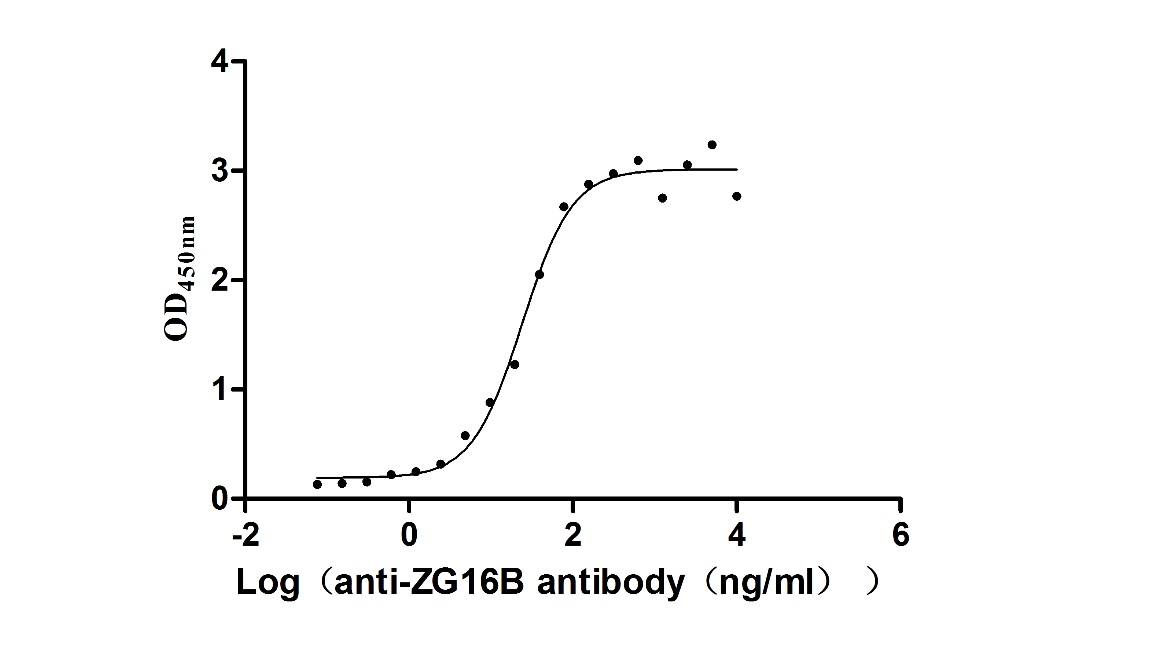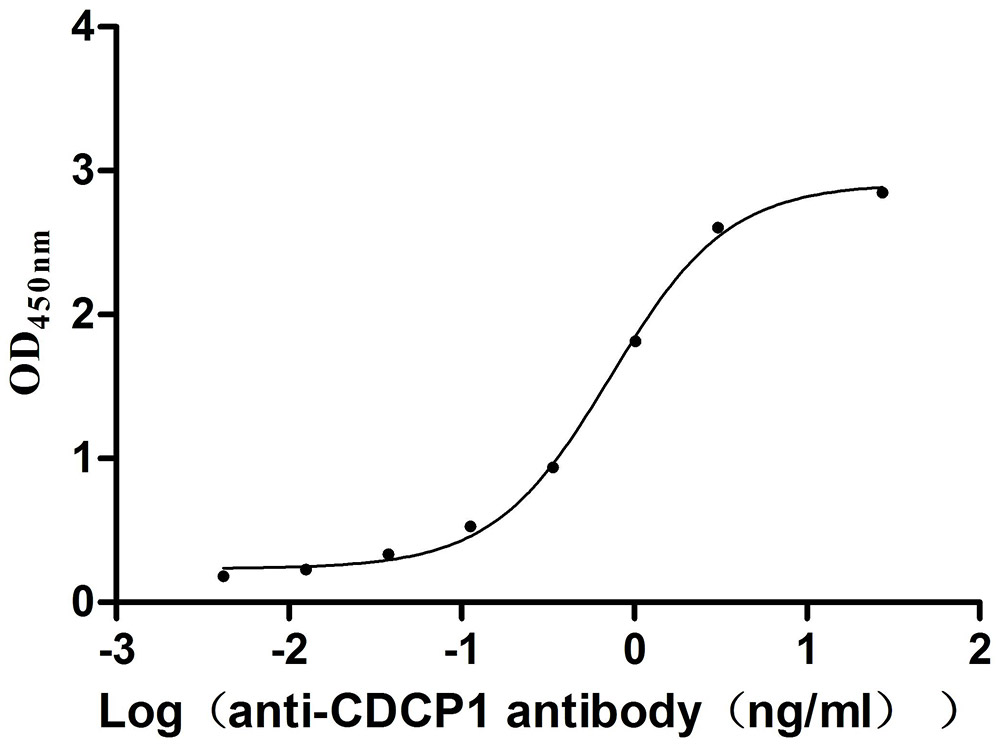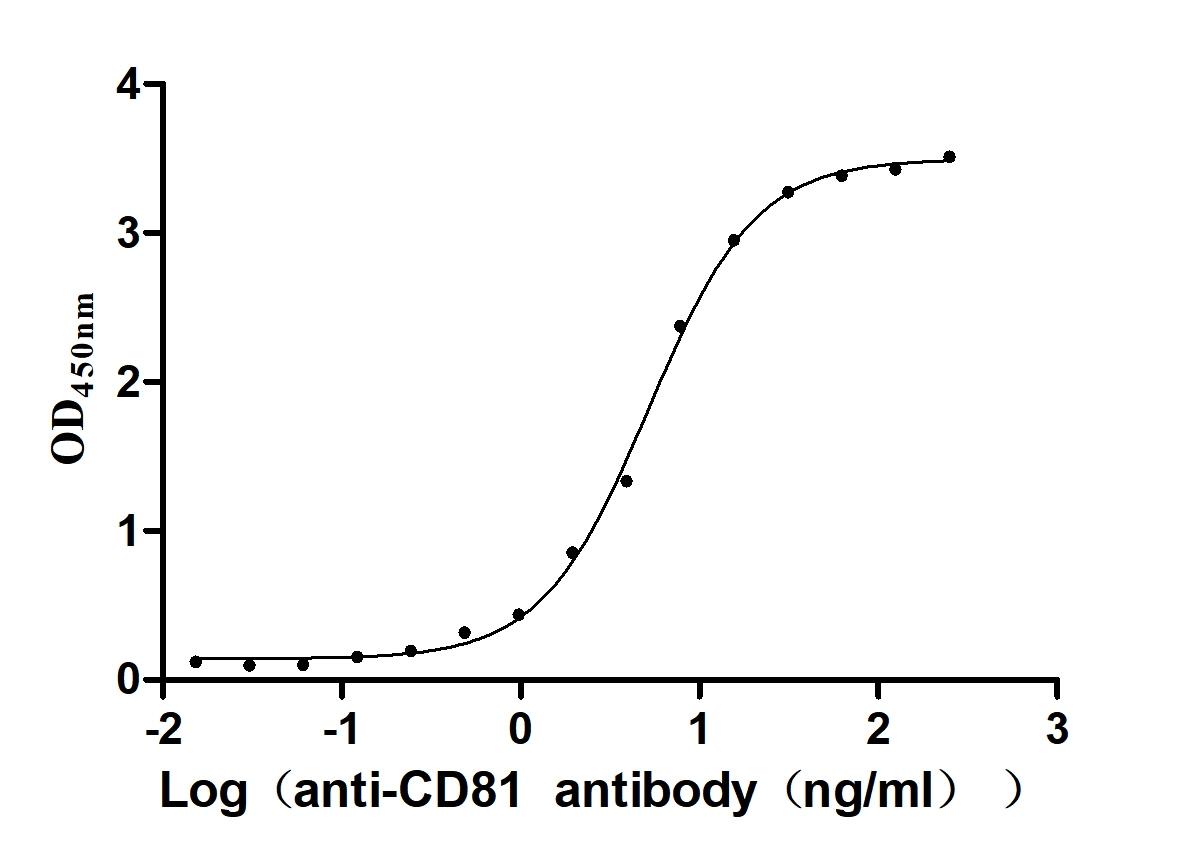Recombinant Escherichia coli Fumarate and nitrate reduction regulatory protein (fnr)
-
货号:CSB-YP359284ENV
-
规格:
-
来源:Yeast
-
其他:
-
货号:CSB-EP359284ENV
-
规格:
-
来源:E.coli
-
其他:
-
货号:CSB-EP359284ENV-B
-
规格:
-
来源:E.coli
-
共轭:Avi-tag Biotinylated
E. coli biotin ligase (BirA) is highly specific in covalently attaching biotin to the 15 amino acid AviTag peptide. This recombinant protein was biotinylated in vivo by AviTag-BirA technology, which method is BriA catalyzes amide linkage between the biotin and the specific lysine of the AviTag.
-
其他:
-
货号:CSB-BP359284ENV
-
规格:
-
来源:Baculovirus
-
其他:
-
货号:CSB-MP359284ENV
-
规格:
-
来源:Mammalian cell
-
其他:
产品详情
-
纯度:>85% (SDS-PAGE)
-
基因名:fnr
-
Uniprot No.:
-
别名:fnr; nirR; b1334; JW1328Fumarate and nitrate reduction regulatory protein
-
种属:Escherichia coli (strain K12)
-
蛋白长度:full length protein
-
表达区域:1-250
-
氨基酸序列MIPEKRIIRR IQSGGCAIHC QDCSISQLCI PFTLNEHELD QLDNIIERKK PIQKGQTLFK AGDELKSLYA IRSGTIKSYT ITEQGDEQIT GFHLAGDLVG FDAIGSGHHP SFAQALETSM VCEIPFETLD DLSGKMPNLR QQMMRLMSGE IKGDQDMILL LSKKNAEERL AAFIYNLSRR FAQRGFSPRE FRLTMTRGDI GNYLGLTVET ISRLLGRFQK SGMLAVKGKY ITIENNDALA QLAGHTRNVA
-
蛋白标签:Tag type will be determined during the manufacturing process.
The tag type will be determined during production process. If you have specified tag type, please tell us and we will develop the specified tag preferentially. -
产品提供形式:Lyophilized powder
Note: We will preferentially ship the format that we have in stock, however, if you have any special requirement for the format, please remark your requirement when placing the order, we will prepare according to your demand. -
复溶:We recommend that this vial be briefly centrifuged prior to opening to bring the contents to the bottom. Please reconstitute protein in deionized sterile water to a concentration of 0.1-1.0 mg/mL.We recommend to add 5-50% of glycerol (final concentration) and aliquot for long-term storage at -20℃/-80℃. Our default final concentration of glycerol is 50%. Customers could use it as reference.
-
储存条件:Store at -20°C/-80°C upon receipt, aliquoting is necessary for mutiple use. Avoid repeated freeze-thaw cycles.
-
保质期:The shelf life is related to many factors, storage state, buffer ingredients, storage temperature and the stability of the protein itself.
Generally, the shelf life of liquid form is 6 months at -20°C/-80°C. The shelf life of lyophilized form is 12 months at -20°C/-80°C. -
货期:Delivery time may differ from different purchasing way or location, please kindly consult your local distributors for specific delivery time.Note: All of our proteins are default shipped with normal blue ice packs, if you request to ship with dry ice, please communicate with us in advance and extra fees will be charged.
-
注意事项:Repeated freezing and thawing is not recommended. Store working aliquots at 4°C for up to one week.
-
Datasheet :Please contact us to get it.
靶点详情
-
功能:Global transcription factor that controls the expression of over 100 target genes in response to anoxia. It facilitates the adaptation to anaerobic growth conditions by regulating the expression of gene products that are involved in anaerobic energy metabolism. When the terminal electron acceptor, O(2), is no longer available, it represses the synthesis of enzymes involved in aerobic respiration and increases the synthesis of enzymes required for anaerobic respiration.
-
基因功能参考文献:
- Elevated expression of GlpT and UhpT via FNR activation contributes to increased fosfomycin susceptibility in Escherichia coli under anaerobic conditions. PMID: 26248376
- These results demonstrate that FNR is a key global regulator of uropathogenic Escherichia coli virulence and controls expression of important virulence factors that contribute to uropathogenic Escherichia coli pathogenicity. PMID: 25245807
- DNA-bound FNR reacts more rapidly with O2 than FNR free in solution, implying that transcriptionally active FNR is the preferred target for reaction with O2. PMID: 25019503
- FNR bound some promoters without regulating expression presumably requiring changes in activity of condition-specific transcription factors. Such combinatorial regulation may allow Escherichia coli to respond rapidly to environmental changes PMID: 23818864
- oxygen stable FNR variants were obtained. PMID: 22326866
- The s characterized the steady-state behavior of the FNR system by determining its sensitivity to changes in parameter values and its response to changes in the concentration of iron-sulfur cluster assembly proteins and the protease ClpXP. PMID: 20156450
- regulates aerobic transcription of anaerobically induced focA-pfL operon PMID: 16448504
- the reaction between O2 and the [4Fe-4S]2+ cluster of FNR does not require sulfide oxidation and hence must entail iron oxidation PMID: 16717103
- Measurement of binding sites of the global transcription regulator protein, FNR, across the entire Escherichia coli chromosome. PMID: 17164287
- a one electron activation of the [4Fe-4S]2+ cluster, coupled to catalytic recycling of the resulting superoxide ion back to oxygen, provides a means of amplifying the sensitivity of [4Fe-4S] FNR to its signal molecule PMID: 17267605
- Here both FNR and OxyR are shown to regulate expression of the E. coli yhjA gene. PMID: 17464064
- The results demonstrate that the major form of FNR in aerobically growing E. coli is apoFNR lacking disulfides. [apoFNR] PMID: 18055593
- may have significance for the in vivo FNR cluster conversion reaction in the cell cytoplasm PMID: 18186637
- Mapping the ydhY-T transcript confirmed that the ydhY-T genes are transcribed from an FNR-dependent class II promoter and showed that the FNR site is centred at -42.5. PMID: 18227264
- Removal of N-terminal amino acid residues 2 to 16 and 2 to 17 from the global transcription factor FNR increases its activity under aerobic conditions. PMID: 18931113
- Results suggest that the Fnr and Crp proteins may act synergistically to enhance NapABC synthesis during growth with poor carbon sources to help obtain energy from low levels of nitrate. PMID: 19060147
显示更多
收起更多
-
亚细胞定位:Cytoplasm.
-
数据库链接:
KEGG: ecj:JW1328
STRING: 316385.ECDH10B_1454
Most popular with customers
-
Recombinant Human B- and T-lymphocyte attenuator (BTLA), partial (Active)
Express system: Mammalian cell
Species: Homo sapiens (Human)
-
Recombinant Human Neuropilin-1 (NRP1) (Active)
Express system: Mammalian cell
Species: Homo sapiens (Human)
-
Recombinant Human Melanoma-associated antigen 4 (MAGEA4) (Active)
Express system: Mammalian cell
Species: Homo sapiens (Human)
-
Recombinant Human Angiopoietin-2 (ANGPT2) (Active)
Express system: Mammalian cell
Species: Homo sapiens (Human)
-
Recombinant Human Claudin-6 (CLDN6)-VLPs (Active)
Express system: Mammalian cell
Species: Homo sapiens (Human)
-
Recombinant Macaca fascicularis zymogen granule protein 16 homolog B (ZG16B) (Active)
Express system: Mammalian cell
Species: Macaca fascicularis (Crab-eating macaque) (Cynomolgus monkey)
-
Recombinant Mouse CUB domain-containing protein 1 (Cdcp1), partial (Active)
Express system: Mammalian cell
Species: Mus musculus (Mouse)
-
Recombinant Human CD81 antigen (CD81), partial (Active)
Express system: Mammalian cell
Species: Homo sapiens (Human)


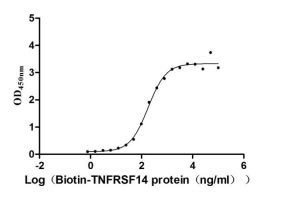
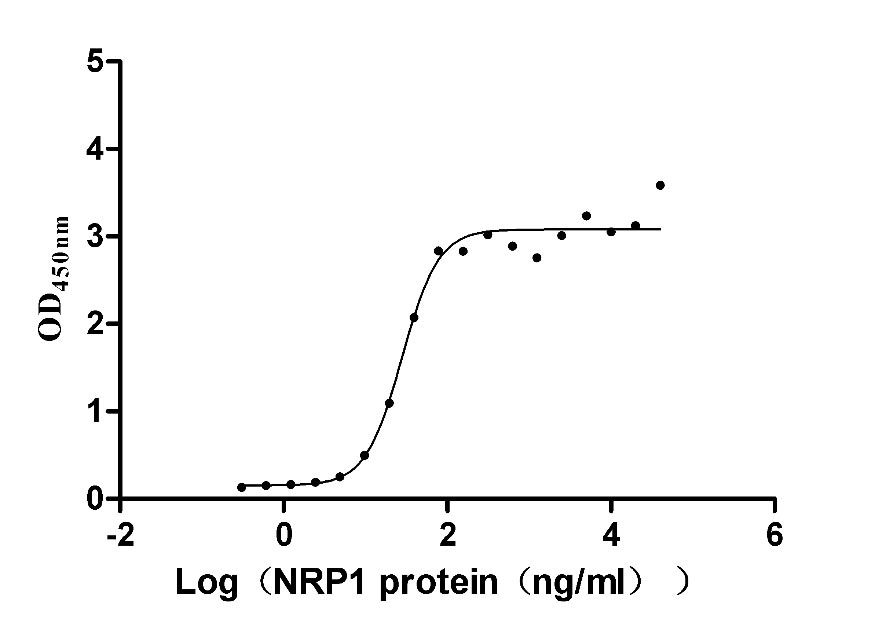
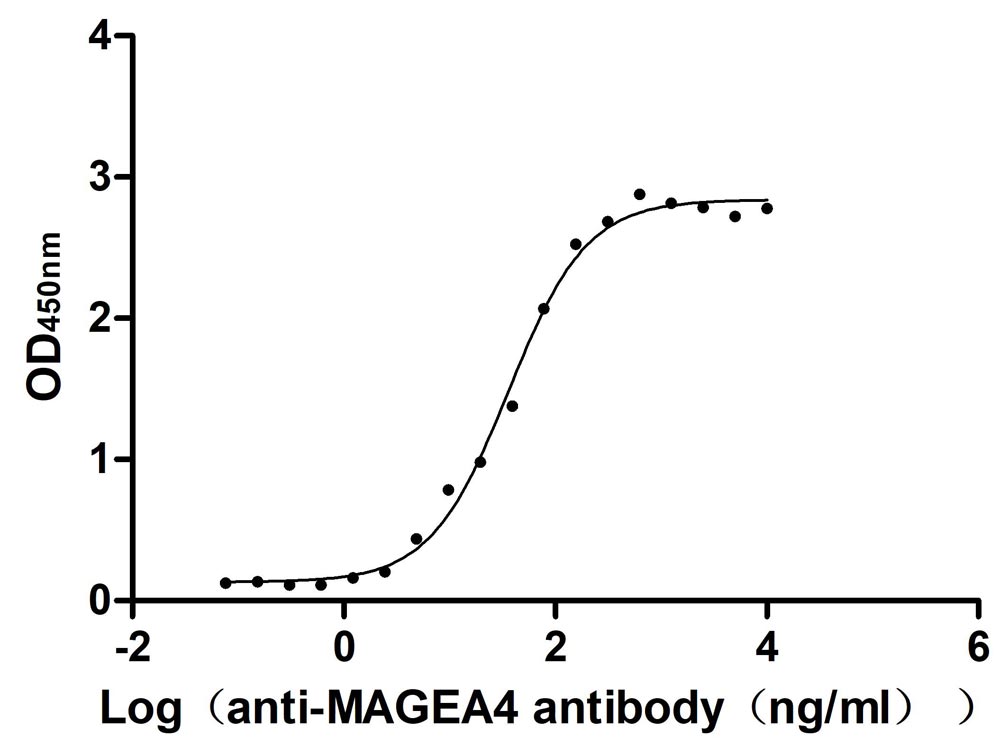
-AC1.jpg)
-AC1.jpg)
